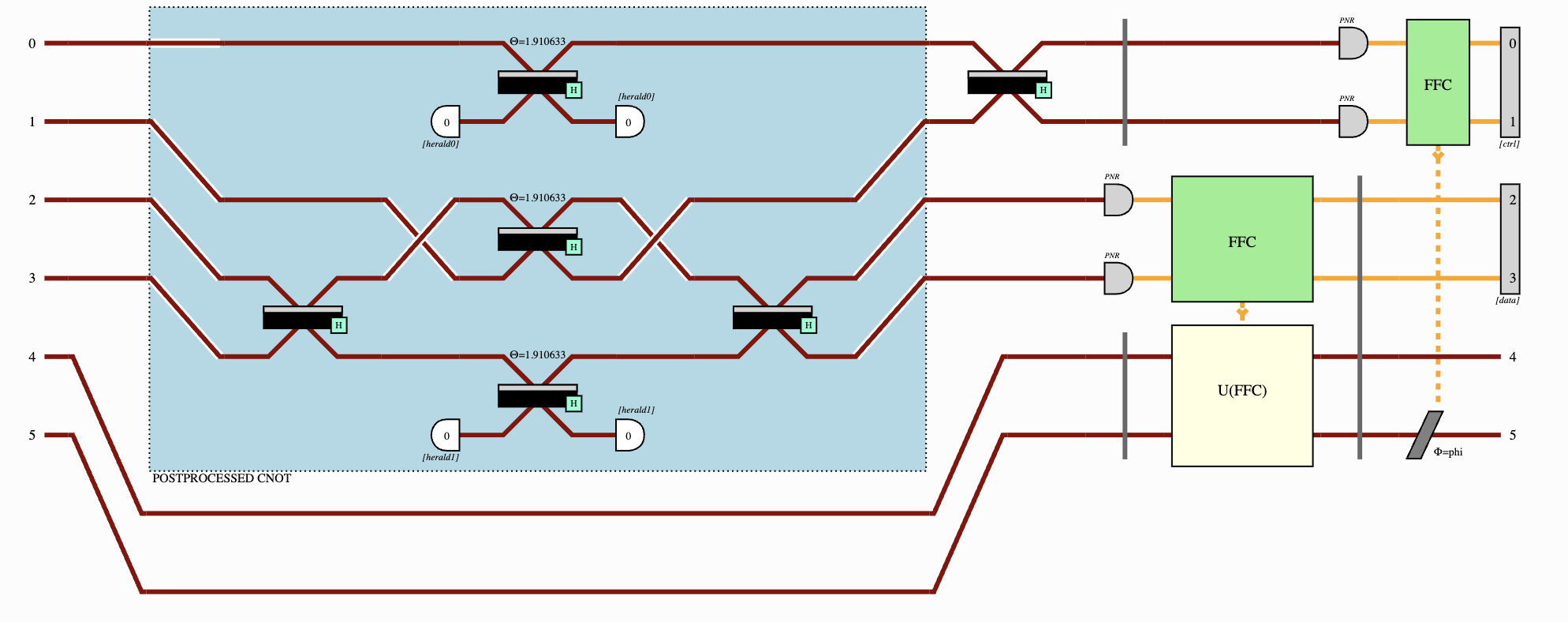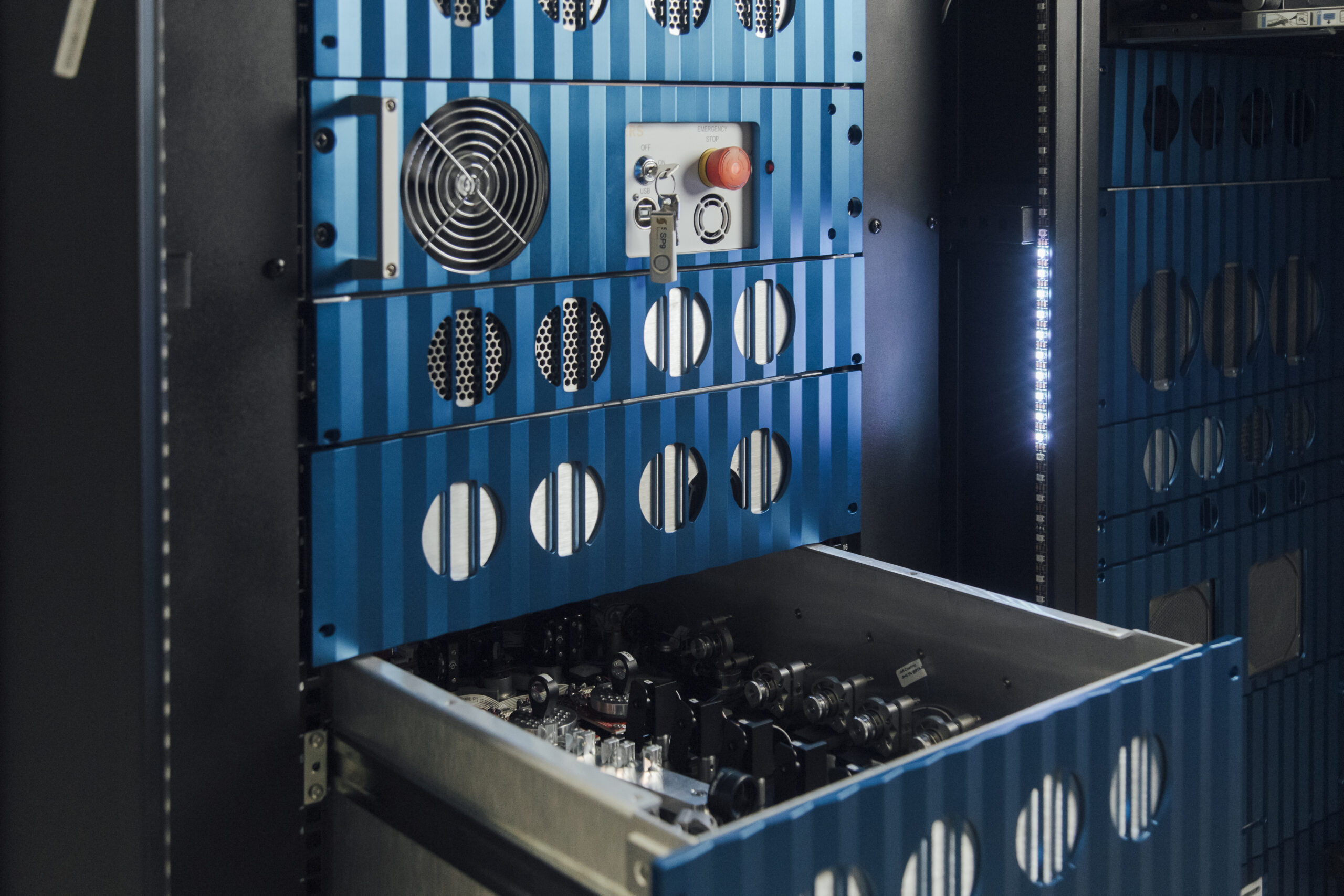What is a Measurement
A measurement is an operation which happens during or in the final step of a quantum computation. Usually, measurements are used in the end to average through the possible quantum circuit computations. However, mid-circuits measurements can also occur and can be used for feedforward outcome or adaptive quantum computation.
In a quantum circuit, single or multi-qubit measurements happen. A single-qubit measurement collapses the state of the specific qubit and corresponds to an expectation value of an operator measure. However, in the case of multi-qubit measurements we measure simultaneously expectation values of two or more qubits. This will induce the collapse of two or more qubits in a state.
Research topics regarding measurements in quantum computation
- The measurement-based quantum computation (MBQC) approach is a type of computation where an initial large resource state is prepared, and the computation is performed only through single-qubit measurements and corrections, instead of the usual gates in a quantum circuit. This approach has also been called one-way quantum computer. Research has been done in the generation of optimal initial resource states for MBQC.
- Measurements can be used to entangle states too. For example, multi-qubit heralded measurements are used in fusion quantum computing to entangle photonic qubits. In addition, counterintuitively, single-qubit measurements can be used in an entangled state to entangle qubits that are not directly correlated to each other, with applications in quantum communication protocols.
- Measurements are also important in quantum error correction, where ancilla qubits are measured and used to correct a noisy state.
Frequently asked question about measurements:
- How fast do the measurements happen? It depends on the platform, but the readout of qubits can be slow and can take up a substantial amount of time of the overall computation. For photonic platforms, the measurement process is fast and can be done, for instance, with superconducting nanowire single-photon detectors.
- Is a single measurement sufficient? No, in most cases, the goal is to estimate an expectation value and thus thousands of rounds of measurements should be performed to extract information about a circuit, before averaging over all the realizations. Additionally, the outcomes can be used to reconstruct the quantum state (density matrix) through quantum state tomography.



